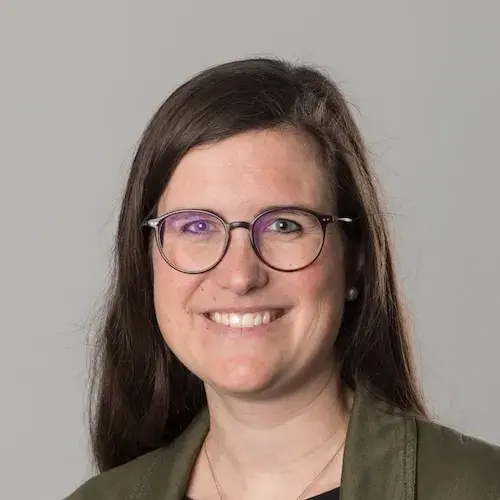

Our expectations were far exceeded. We didn't set a target number beforehand, but we hoped and expected that more than 100 people would sign up. But already at the beginning, over 200 people participated within just a few days. In the end, there were 512. That was definitely more than we expected. With just over 2,100 municipalities in Switzerland, of which 1,500 are members with us, that's an impressive number.
What also impressed me were the duels played: over 14,000 "votes." That's a number that even tells a layperson that this provides a good data foundation.
The online dialogue was conducted multilingually. That means everyone could participate in their native language.For us, it was a great advantage, indeed a prerequisite, that we could do the whole thing trilingually. Otherwise, we wouldn't reach our entire target group. Everything was translated directly by BrainE4. In advance, we compiled a list of specific municipal terms. Automatic translation programs sometimes don't use the right word for specific vocabulary. We received no feedback about the translations. Therefore, we assume they were well received.

The importance of the topic of citizen participation. I knew it was a topic. But I didn't think it was so extremely important.
Topics like energy or biodiversity were requested but were rather further back. This ranking is very valuable for us. The results also confirmed our previous strategy, because it's clear that "Schweizer Gemeinde" is diligently read and enjoys high credibility.
You also formulated your own hypotheses. You had to bring those into play at the beginning of this online dialogue. How did your opinions and suggestions for change perform?Mixed. In assessing the use of channels, they performed quite well. But with topics, there were many suggestions from participants that were ranked better than ours.What did you specifically decide?For the 2026 topic planning, we directly incorporated the suggestions. There will be an issue specifically on artificial intelligence – the topic of digitalization – as well as an issue on community life, which also includes citizen participation. And a magazine on the skilled labor shortage.



